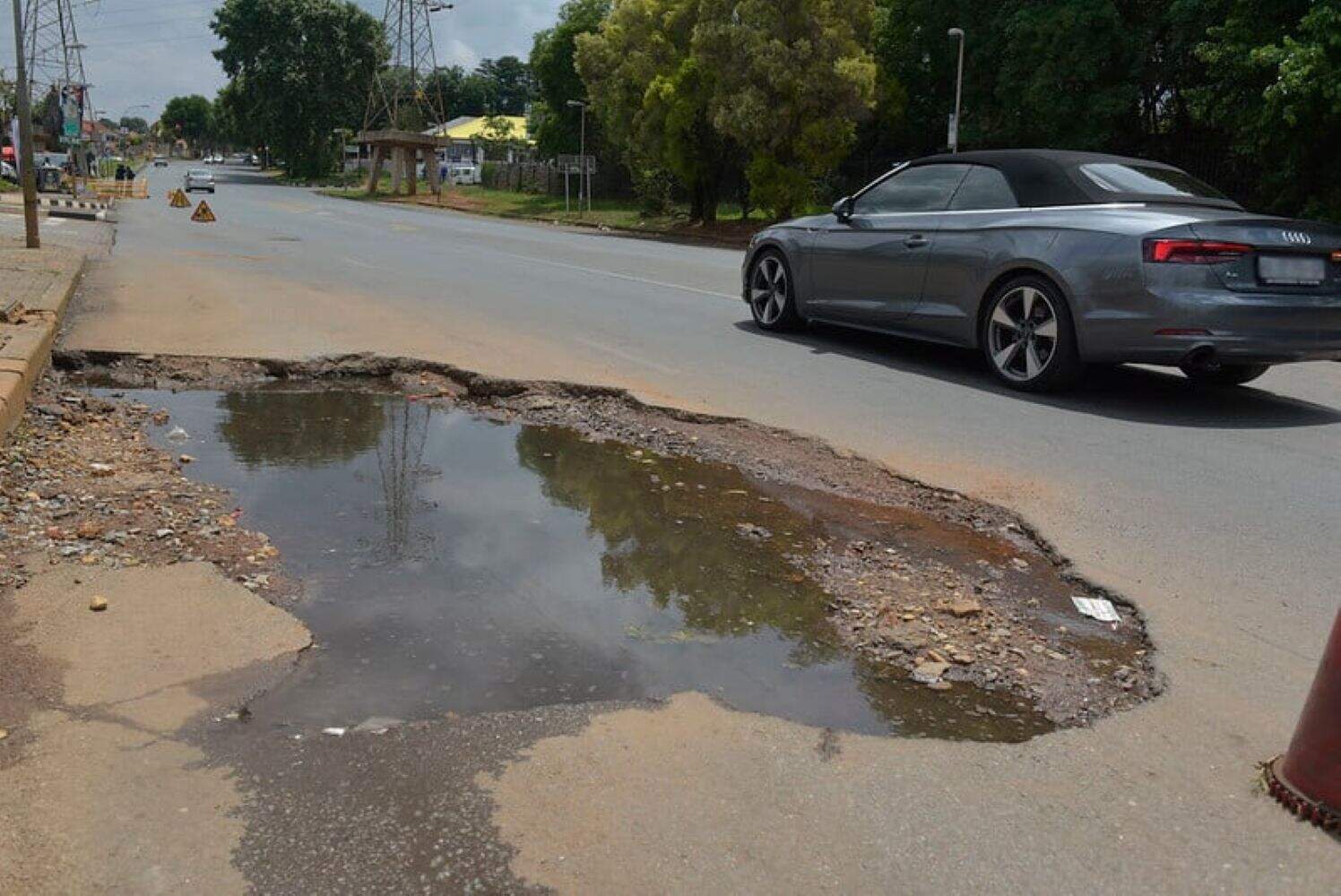Government aims to reform the crumbling municipal sector through merit-based appointments and performance-linked funding. But BLSA warns this could benefit metros at less-resourced municipalities’ expense.

South Africa’s crumbling municipalities – with just 16% receiving clean audits in the past year – are hobbled by coalition governments and political appointees.
This is the view of Business Leadership SA (BLSA), in response to the government’s White Paper on Local Government, which aims to reverse the staggering decline of municipalities in SA, through merit-based appointments and performance-linked funding.
While many initially welcomed coalition governments as a sign of SA’s maturing democracy and a fracture of the ANC’s grip on key centres of power, the downsides have become all too apparent in the failing metros of Johannesburg and Tshwane.
Since the 2021 local government elections, Johannesburg has seen six mayors come and go, and Tshwane three, due to political manoeuvring and motions of no confidence. The situation is even worse in Nelson Mandela Bay, where a decade of political instability has severely crippled service delivery.
The number of hung councils – where no party holds an outright majority – surged from 27 in 2016 to 70 in 2021, an increase of 159%.
ALSO READ: Mashatile: How national government is aiming to reform local municipalities
The once-dominant ANC saw its share of the vote slip below 50% in 2021, forcing coalitions in major metros like Johannesburg, Tshwane and Ekurhuleni. This led to shifting political alliances, frequent changes in leadership, budget delays and service delivery failures.
More than 30 of these coalitions are unstable, according to the South African Local Government Association (Salga), which means most of them seem to be functioning. But where the majority of South Africa’s population live – in metros such as Joburg and Tshwane – this is clearly not the case.
BLSA says just 53% of senior municipal officials meet competency standards. Further, municipalities spent R1.47 billion on consultants in the 2024 financial year – with little improvement. Political appointees, often selected for loyalty rather than merit, disrupt continuity and prioritise party agendas over public needs.
ALSO READ: Salga looking for ideas to help municipalities despite solution already offered
Unforeseen risks
The reform agenda announced by government is a positive move, but not without its risks, BLSA adds.
The White Paper represents a move away from blanket allocation models, towards incentivising reform based on ethical, performance-based governance.
One of the tools used to achieve this is the recently announced Metro Trading Services Incentive Component (MTSIC), a performance-based grant system aimed at improving accountability and operational efficiency in the eight metros. At stake is R54 billion in incentives over six years, partly funded by the World Bank, for metros that meet governance, operational, and financial benchmarks.
The problem is this approach could create a two-tier system of local governance: benefiting already-functional metros while excluding underperforming municipalities.
The focus on making this type of funding available to metros, risks sidelining the 205 local and 44 district municipalities – many of which suffer from structural disadvantages. Most of them fall below the bankability threshold, preventing them from accessing blended or private financing without external support.
ALSO READ: Communities feel excluded as municipalities push ahead with IDP budgets
Declining own-revenue collection, coupled with debts owed to Eskom and water boards, means precious little is spent on infrastructure.
Municipalities owe Eskom close to R100 billion and R22 billion to the nine water boards. BLSA warns that bypassing municipalities through direct wheeling arrangements – where electricity can be delivered from a power plant in one part of the country to a consumer in another part – could further erode municipal revenues and destabilise their already-fragile finances.
Many municipalities are largely reliant on national transfers, a marked increase since 1998. “This reflects declining own-revenue collection and deteriorating financial discipline. The situation is exacerbated by mounting debts to service providers such as Eskom and water boards, which further limit the ability of municipalities to invest in infrastructure or implement reform,” says BLSA.
“The differentiated funding model proposed by the White Paper is promising, but it lacks clarity on how it will be implemented equitably across varied municipal contexts. Without clear eligibility criteria, safeguards, and support frameworks, the model risks deepening existing fiscal disparities.”
ALSO READ: Almost 40 municipalities facing sanctions from Treasury over mismanagement
Proposed reforms
Public-private partnerships (PPPs) will allow under-resourced municipalities to tap larger pools of private capital and improve delivery of services such as water and electricity.
Enforcement of existing laws remains a weakness and oversight bodies like National Treasury and the Public Service Commission are often under-resourced and lack the enforcement powers required to drive change. “This impairs the credibility of conditional grants and allows underperformance to persist without consequence,” says BLSA.
Other proposed reforms, such as the Municipal Structures Amendment Bill – which introduces mechanisms for managing coalition governments in hung councils – should make it more difficult to engineer no-confidence votes to get rid of sitting mayors. The expanded President’s Coordinating Council and the proposed Municipal Member of Executive Council must be subject to parliamentary oversight to ensure they achieve their objectives, says BLSA.
Government also plans to establish a dedicated South African Police Services (SAPS) unit to combat corruption in local government.
Operation Vulindlela is expected to play a central role in coordinating reform implementation. “While this is a positive development, its effectiveness will depend on whether it can transition from a policy facilitator to an outcome enabler,” says BLSA.
BLSA calls for stronger conditionalities on grants, digital procurement systems, and independent audits to curb corruption and enforce accountability.
The reform timeline, with full rollout delayed until March 2026, risks losing momentum. Without quick wins in delivery of services such as water and electricity, reform fatigue could set in.
BLSA advocates a phased approach with short-term milestones, like digital dashboards to track performance and regular community dialogues to rebuild trust.
This article was republished from Moneyweb. Read the original here.






